
Tag Archives Soil
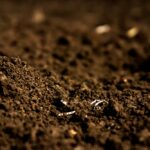
Soil health a moving target
There’s no one-size-fits-all measure of soil health, David Lobb says

Editorial: The carbon credit reality
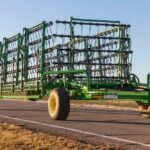
Degelman to make heavy harrows for Deere
Regina company reaches OEM agreement for new line
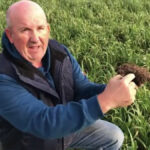
This farmer sees cover crop benefits
It’s not just about the environment; it’s also about the bottom line

Soil erosion concerns overblown?
Academic says soil loss to wind erosion isn’t backed up by data

Flaten recognized for outreach and community engagement
The soil science professor has been presented an award from the University of Manitoba
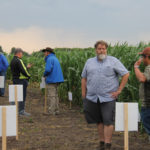
Self-guided 4R tour brings new research in era of COVID-19
Through video, University of Manitoba researchers presented new research on increasing nitrogen use efficiency in grain corn

Soil society modifies its Aug. 12 summer tour
Bus tour replaced with self-guided tour that requires registration
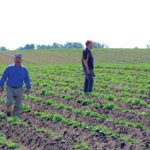
Spud growers let soil lie
Under the Hill Farms is testing minimum-tillage potatoes on a field scale
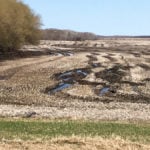
Filling in the trenches before spring seeding
Producers are trying to find time to deal with the ruts they left while scrambling to get crop in last fall




